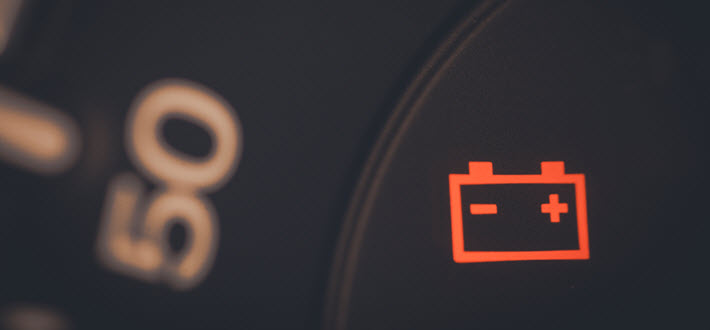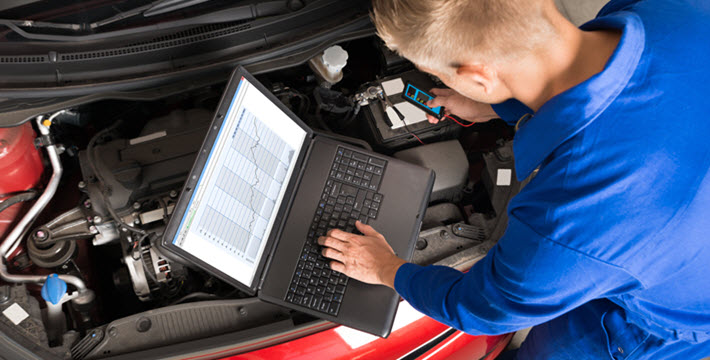All luxury vehicles are highly sought after for their incomparable levels of performance, exquisite engineering, handling, and comfort—this includes their integration of the most advanced technological features within some of the most expensive and impressive mechanics available in the automotive industry. In German cars especially, like BMW and Volkswagen, the bar is set incredibly high for consumers who are prospectively looking at investing in one of these cars; they have been unrivaled for so long, that it can be difficult to find downsides to owning one of these machines. However, it would be in the consumers’ best interest to know a little more about how these cars fare when it comes to common issues that can occur with any machine. It is reasonable to assume that every car will eventually exhibit problems in one way or another. If you do your research, you may find that German cars have a history of electrical issues that can lead to expensive mechanic bills. Unfortunately, that is simply the nature of the automotive industry—things go wrong eventually when you use a machine that has a ton of complexities and moving parts. The only thing you can do is to inform yourself and be prepared for any issues that may come your way if you decide to invest in a German engineered vehicle.

Complexity might lead to electrical issues
When it comes to luxury vehicles, there is a stigma attached that gives the consumer the perception that you will never wind up in a mechanic shop again if you invest in a more expensive vehicle. Furthermore, German cars have a stellar reputation when it comes to level of reputability and performance. While this may be founded upon factual information, the likelihood of some issues occurring cannot go ignored. Some of the most common electrical problems in German cars may include issues with navigation and entertainment features, issues with headlight systems, and failure of various sensors such as brake sensors. This is generally due to the failing complex system of wiring that keeps the electronic portion of the vehicle working smoothly.
Preventive maintenance is imperative
The best way to handle these issues is to undergo routine preventive maintenance. Following the maintenance schedule on your vehicle generally accounts for what the vehicle needs under average driving conditions. So, while following your vehicle’s specific maintenance schedule is recommended and should not go overlooked, it is also important that you take into account how often you drive your car, the duration, and how hard you drive—this refers to the amount of time you spend on your gas pedal. If you like to go fast, which many luxury vehicle drivers do, then you may want to spend more time frequenting your favorite and most trusted mechanic shop to ensure that your vehicle’s performance level remains intact.
Take help from professional mechanics
Because there are so many moving parts involved in the mechanics of German engineering especially, it is always best to leave the complexities of auto mechanics up to the automobile professionals; they know how to diagnose and address the issues properly so that the car will continue at its best for the longest period of time possible. Electrical issues can be prevented if the right people are looking for the right issues; i.e. automotive servicers who work specifically with German cars are more likely to be able to predict electrical issues because they know what to expect and what to look for based on what is typical of German engineering.

Wrap up
One electrical issue that may only be prevented by the car owner is the car’s exposure to pesky rodents. When rodents get ahold of your car’s engine, they can wreak havoc on the car’s electrical system. For some reason, rodents just love to chew up the wiring under your hood that is vital to the function of your vehicle. In order to prevent this issue, you should avoid parking next to large shrubs and bushes that may house rodents. Rodents are drawn to the warmth and shelter of the car’s engine, and can cause electrical issues due to the damage that they cause. If you park your car in your garage, be mindful of any food that is stored near your car’s engine. Beyond these few preventive measures, electrical issues may come up if you own a German car—the best thing you can do is to prepare yourself by finding a skilled professional who is confident in working with German cars.

